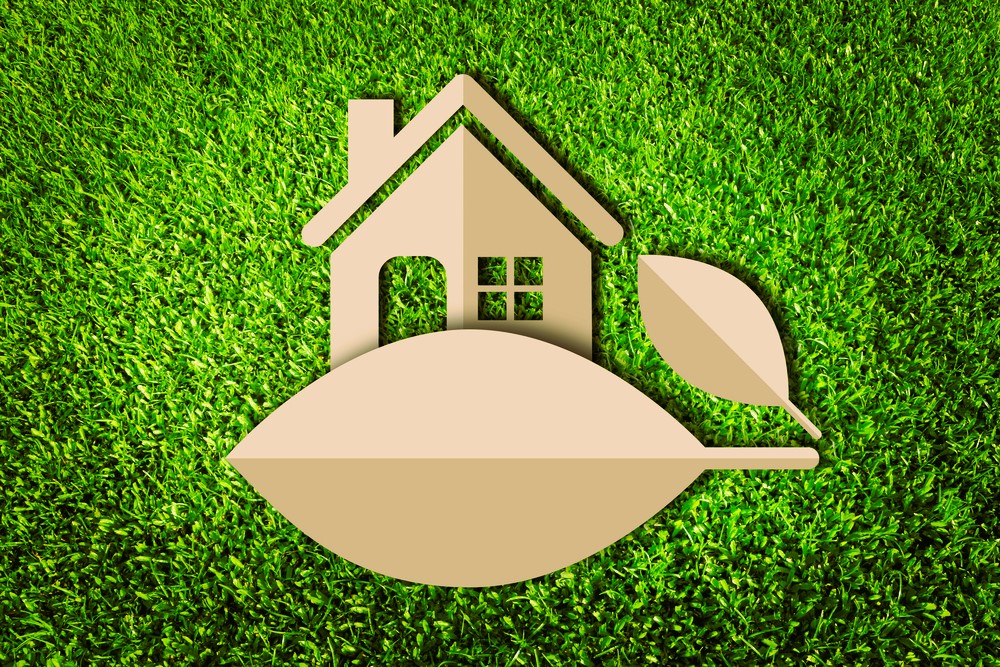
The Psychology of Eco-Friendly Home Upgrades: Why It Matters
Eco-friendly home upgrades have become a significant trend in recent years, driven by increasing awareness of environmental issues and the desire to reduce our carbon footprint. While the practical benefits of these upgrades, such as energy savings and reduced environmental impact, are well-documented, it’s also essential to consider the psychology behind these choices. Understanding the psychology of eco-friendly home upgrades can shed light on why they matter, how they influence homeowners’ well-being, and why they are crucial for a sustainable future.
The Appeal of Eco-Friendly Home Upgrades
- Environmental Responsibility: Many homeowners choose eco-friendly home upgrades as a way to contribute to environmental conservation. The desire to reduce one’s carbon footprint and live more sustainably drives a sense of responsibility and purpose.
- Energy and Cost Savings: Eco-friendly upgrades, such as energy-efficient appliances or better insulation, lead to significant cost savings in the long run. This financial incentive is a powerful motivator for homeowners looking to reduce utility bills.
- Well-Being and Health: A more energy-efficient and environmentally friendly home can contribute to a healthier and more comfortable living environment. Improved indoor air quality, reduced noise pollution, and better temperature control can positively impact residents’ well-being.
- Market Value: Eco-friendly upgrades can enhance a home’s market value and make it more attractive to potential buyers. This consideration motivates homeowners who view their property as an investment.
- Government Incentives: Many governments offer incentives, tax credits, and rebates for eco-friendly home upgrades. These financial rewards encourage homeowners to make environmentally responsible choices.
The Psychology of Eco-Friendly Decision-Making

Understanding the psychology behind eco-friendly home upgrades is crucial for grasping their importance and impact on both homeowners and the environment. Several psychological factors come into play:
- Intrinsic Motivation: Intrinsic motivation, or the inner drive to do something for its inherent value, is often at the core of eco-friendly choices. Homeowners feel a sense of accomplishment and satisfaction in knowing they are making responsible decisions for the environment.
- Social Norms and Social Identity: Many individuals are influenced by social norms and their sense of identity. Eco-friendly choices are increasingly seen as socially desirable, and homeowners may adopt these upgrades to align with their social identity.
- Future Orientation: Concern for the future, both for one’s own well-being and for future generations, can strongly influence eco-friendly choices. Homeowners want to ensure a better quality of life for themselves and their children.
- Cognitive Dissonance Reduction: Once individuals become aware of the environmental impact of their actions, they may experience cognitive dissonance, a discomfort caused by inconsistency between their values and actions. Eco-friendly upgrades help reduce this dissonance.
- Perceived Behavioral Control: The belief that one has control over their actions and can make a positive change is a key factor in eco-friendly decision-making. When homeowners believe they have the power to make a difference, they are more likely to take action. We have conducted a detailed comparison of Heat pumps versus traditional heating, more details at the link.
The Impact on Well-Being
Eco-friendly home upgrades can have a profound impact on homeowners’ well-being:
- Healthier Living Environment: Upgrades such as improved insulation and better ventilation can enhance indoor air quality, reducing allergens and pollutants that can affect respiratory health.
- Reduced Stress: A comfortable, energy-efficient home with lower utility bills can lead to reduced financial stress, while a well-insulated home provides a consistent, comfortable temperature year-round.
- Satisfaction and Pride: Homeowners who invest in eco-friendly upgrades often take pride in their choices, leading to higher levels of satisfaction and well-being.
The Bigger Picture: A Sustainable Future

The psychology of eco-friendly home upgrades extends beyond individual well-being; it has a significant impact on the broader goal of achieving a sustainable future. As more people make eco-friendly choices in their homes, the cumulative effect contributes to reduced energy consumption, lower greenhouse gas emissions, and less strain on natural resources.
Eco-friendly upgrades are an integral part of the transition to a more sustainable and environmentally responsible way of life. This shift in mindset and behavior is essential for addressing pressing global challenges, such as climate change and resource depletion.
Where to Find More Information
For additional information on eco-friendly home upgrades and their benefits, you can visit the Wikipedia page on “Green building” by clicking here.
In conclusion, the psychology of eco-friendly home upgrades is a complex but essential aspect of the broader movement towards sustainable living. By understanding the motivations and benefits of these choices, homeowners can make more informed decisions that not only enhance their well-being but also contribute to a more environmentally responsible future.
